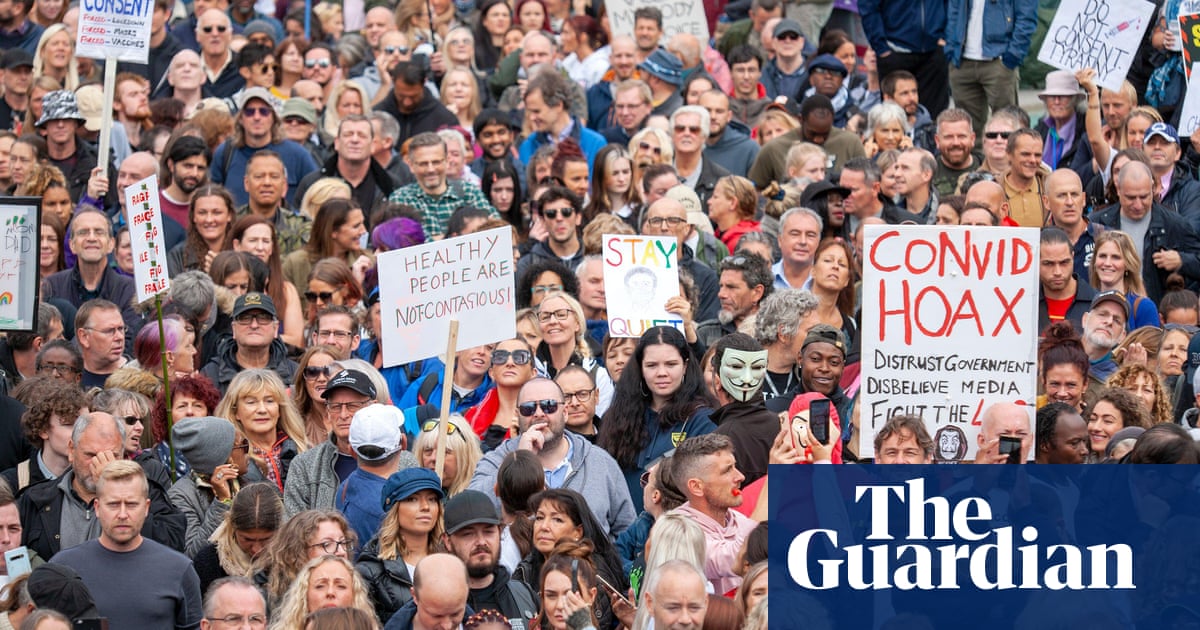I’m a doctor. Five years after COVID, we’re not ready for the next pandemic. | Opinion

It has been five years since I saw my first COVID-19 patient here in St. Lucie County, Florida. It was a 90-year-old woman, who subsequently died alone in a cold hospital room with no one to hold her hand.
It was a strange and unsettling time – coming from a hospital that was vibrant and full of constant activity to a place that felt lifeless. The halls were empty, room doors were closed, and everyone was fully covered in gowns and masks. Surgeries were canceled, and fear was evident among health care workers, patients – everyone. The anxiety was overwhelming, a sense of the unknown looming over us all.
We had seen what was happening in Europe and knew it was coming for us next. We tried to prepare, but when the coronavirus hit, it was like a hurricane with 200-plus mph winds when all we were bracing for was a tropical storm.
Could COVID-19 deaths have been prevented?
Despite our knowledge of viruses and treatments from the past 20 years, our initial attempts at using existing medications failed, except steroids and remdesivir. Patients would arrive with shortness of breath and, within 24 hours, be in body bags. Despite our best efforts, many died.
Could we have prevented these deaths? What could we have done differently?
This leads me to my greatest takeaway from the pandemic: education.
We initially knew very little about COVID-19. I remember wearing an N95 mask in the hospital for the first time and being questioned about it. I simply responded that I believed it was the right thing to do.
The lack of clear communication was a significant issue. Government agencies like the Centers for Disease Control and Prevention and the National Institutes of Health issued directives, but there was little true conversation with communities. Policies were handed down – closing restaurants, implementing lockdowns – but were we really engaging with people?
No.
My brother, an economist, warned that these measures would devastate lives. As a scientist, I believed we had to act to save lives. Yet, we failed to fully consider the long-term consequences – the economic impact, mental health crisis and social upheaval that followed.
Misinformation was one of the most dangerous aspects of the pandemic. The belief that drugs like ivermectin could cure COVID-19 spread quickly, fueled by early, flawed studies.
We should have acted swiftly, conducting robust research to dispel these myths rather than outright dismissing them.
Dangerous new pandemic on horizon: misinformation
Social media played a massive role in the pandemic, amplifying misinformation while the scientific community’s voice struggled to be heard.
Instead of dismissing the public’s fears, we should have listened. Many questioned masks, social distancing and vaccines – not necessarily out of defiance, but because they were confused and afraid.
I spent countless hours discussing the vaccine with my patients, never dismissing their concerns, but instead trying to understand and educate. While vaccines saved millions of lives, their rapid development and distribution created fear and mistrust, which we did not adequately address.
The pandemic changed how I interact with patients. Initially, we spent less time in rooms, prioritizing safety. But it also deepened my understanding of fear – how it spreads, how it shapes decision-making and how crucial honest, empathetic communication is.
Today, we face a new pandemic – the pandemic of misinformation. Addressing it requires continuous engagement, not just from doctors but from governments, social media companies and community leaders alike.
Long COVID-19 remains a pressing issue. We are still learning about its impact, especially in younger individuals. Obesity and diabetes played a significant role in severe COVID-19 cases, and now we see long-term consequences that extend beyond the lungs to the brain and other organs.
COVID-19 is still with us, and its long-term effects are only beginning to be understood.
The health care system itself was pushed to its limits. Many providers died, and shortages of staff and resources became critical. More than 1.2 million Americans have died from COVID-19, according to the CDC.
Are we ready for the next pandemic?
Are we ready for the next pandemic? What we must consider.
If it is another respiratory virus, likely yes. But what if it’s a neurologic pathogen that causes widespread encephalitis? What if it is a hemorrhagic virus like Ebola? What if it attacks the heart, leading to rapid heart failure? Are we prepared for a virus like polio, spreading paralysis across the population? These are the threats we must consider.
Looking ahead, we must prepare differently for the next pandemic.
The first step? Engaging the technology sector.
Social media and tech companies should be brought to the table immediately, alongside biotech firms and diagnostic manufacturers. Quick mobilization of testing and vaccine production is crucial, but so is a strategy for combating misinformation.
Pandemic response plans must be updated regularly – not every few decades, but annually – to reflect societal and technological changes.
We also learned valuable lessons. Thankfully, we improved our oxygen capacity, and our ventilator manufacturing, and we developed new treatment strategies. The rapid development of vaccines and monoclonal antibodies was a scientific triumph. Our ability to manage respiratory failure improved dramatically. We now recognize that protecting our health care workers is essential to preserving the health and well-being of our communities.
The greatest lesson of this pandemic is that science alone is not enough. Education, communication and trust are just as critical as any vaccine, mask or treatment.
Dr. Moti Ramgopal, a clinical professor at Florida State University College of Medicine, founded Midway Specialty Care and Immunology Research centers. He cared for thousands of COVID-19 patients at HCA Florida Lawnwood, St. Lucie, and Cleveland Clinic Tradition hospitals and played a pivotal role in multiple clinical trials for COVID-19 treatments such as Remdesivir and monoclonal antibodies. This column originally appeared in TCPalm.
This article originally appeared on Treasure Coast Newspapers: I’m a doctor. Five years after COVID, we’re not ready for the next pandemic. | Opinion


